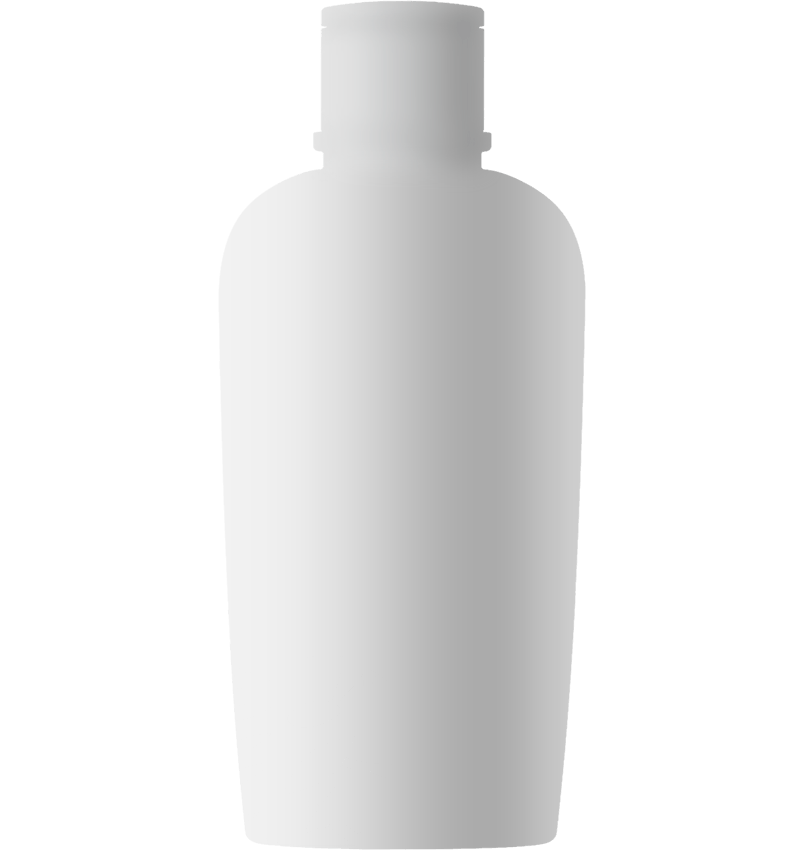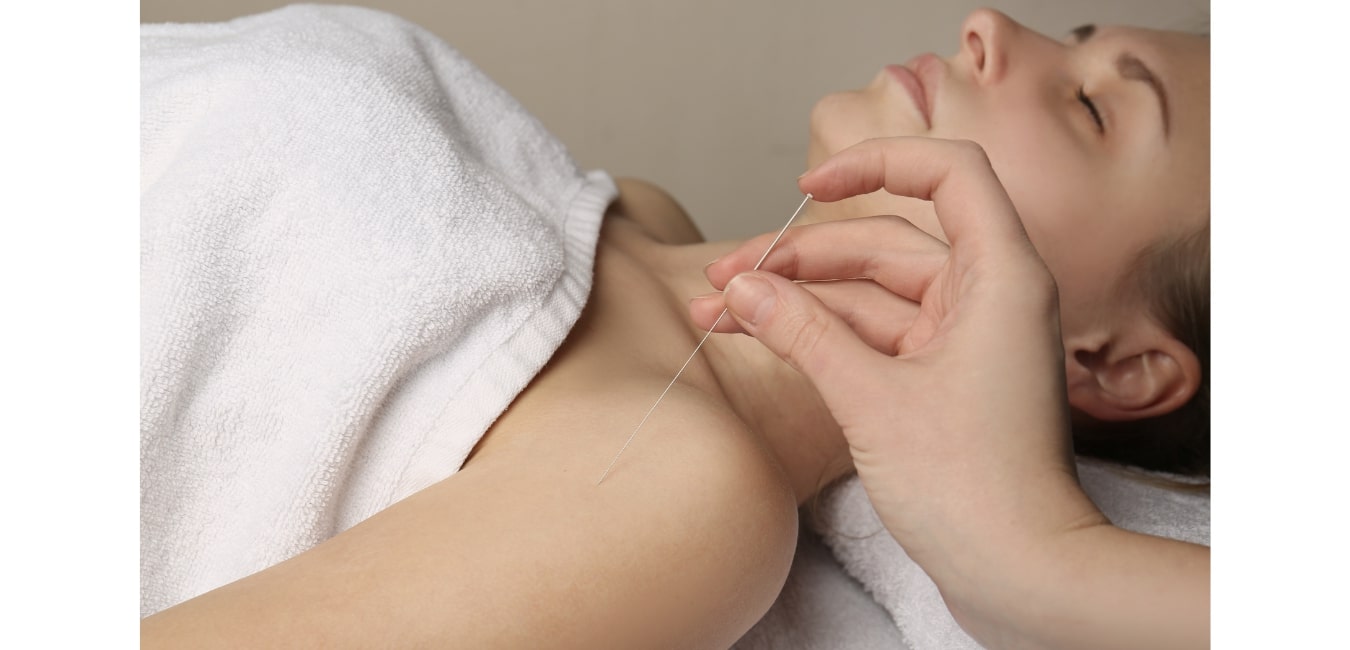
PMDD Taking Over? Try Natural PMDD Treatment with Natural Chinese Medicine
Premenstrual Dysphoric Disorder, or PMDD, is a group of emotional and physical symptoms associated with the week or so before your period. Usually, women experience PMDD symptoms within 7- 10 days of the start of their period – the precise day differs from individual to individual. It’s estimated that approximately 1 in 12 women who menstruate experience some form of PMDD, many of which have also been diagnosed with anxiety or depression.

Symptoms are divided between emotional and physical symptoms.
Common emotional symptoms of PMDD include agitation, anger, crying spells, forgetfulness, and sadness. On the other hand, physical symptoms include acne, back pain, gastrointestinal issues, headaches and dizziness, heart palpitations, joint or muscle pain, painful periods, and reduced sex drive.
Learn more about what PMDD is and what natural PMDD treatments are available to relieve your symptoms and boost your quality of life.
Could your severe PMS be PMDD? The Difference Between PMS and PMDD
If the list of symptoms above sounded similar to PMS, you’d be right. Premenstrual Syndrome (PMS) and Premenstrual Dysphoric Disorder (PMDD) are both related to the menstrual cycle.
PMS is a common condition affecting women of reproductive age. It is characterised by several symptoms, including bloating, mood swings, breast tenderness, fatigue, and irritability. Usually, these symptoms occur in the luteal phase of the menstrual cycle and resolve within the onset of menstruation. Though uncomfortable, the symptoms are generally manageable.
PMDD, on the other hand, is a much more severe form of Premenstrual Syndrome. It is considered a chronic condition and is characterised by severe emotional and physical symptoms. Such symptoms cause untold disruption to the women’s lives, affecting everything from their work and relationships to overall quality of life. Unlike PMS, PMDD is a recognised medical disorder. Finding a natural treatment for PMS and PMDD can help make life manageable, relieving any severe discomfort.
Causes of PMDD According to Chinese Medicine
In Traditional Chinese Medicine (TCM), Premenstrual Dysphoric Disorder is not classified as a distinct disease but rather as a constellation of symptoms associated with a severe hormonal imbalance.
Chinese medicine takes a holistic approach and aims to address the root cause of imbalances in the body, due to which PMDD arises.

The body is an interconnected system where the flow and balance of energy, or Qi, and blood are the foundation of good health. Disruptions in these elements manifest in physical and emotional symptoms – as in the case of PMDD. Several factors play their role in this condition:
5 Natural PMDD Treatment
- Acupuncture for PMDD.
- Dietary Management.
- Natural Herbal Supplements
- Gentle Exercise.
- Improving Sleep Patterns.
Finding the right natural treatment for PMDD disorder involves considering a range of options. Traditional Chinese medicine presents several highly effective treatments for PMDD natural relief that focus on the body’s natural healing ability.

1. Acupuncture for PMDD. Acupuncture is a key component of Traditional Chinese Medicine. It involves the insertion of fine needles into specific body points to help regulate hormones.
Studies have shown Acupuncture can help rebalance the body’s energy, influence hormonal regulation, and alleviate mood swings and irritability. Correcting any hormonal imbalance deals with the underlying hormonal factors causing stress and anxiety. Moreover, acupuncture is thought to relieve physical PMDD symptoms by improving blood flow, reducing discomfort like cramps and headaches. Increased blood flow also helps transport and metabolize hormones more effectively.
Acupuncture can benefit PMDD by regulation hormone production, balancing energy flow (Qi), reducing stress hormones like cortisol, and stimulate the release of endorphins, which are natural pain-relieving and mood-enhancing chemicals. Acupuncture may help alleviate physical discomfort such as bloating, breast tenderness, and headaches by promoting circulation, reducing inflammation, and triggering the body’s natural healing responses.
2. Dietary Management. Under TCM, there are several different kinds of foods.
- Warm and nourishing foods, such as ginger, cinnamon, and root vegetables, are believed to support spleen and digestive system function.
- Blood-nourishing foods, essential for addressing blood deficiency or stagnation, include leafy greens, beets, and lean proteins – all of which can help mitigate PMDD symptoms.
- Yin-building foods help balance the body’s energies and include tofu, cucumbers, and certain fruits and legumes.
All of these foods should form part of your diet. The exception is cold and damp-producing foods like dairy and fried items, which can exacerbate PMDD symptoms.
3. Natural Herbal Supplements
Natural herbal supplements can offer several potential benefits for managing PMDD. They can be easily added to your daily routine.

Menstro Support
Get back to your best self with GinSen’s Menstrual Support, the new improved formula is specially formulated based on clinical experience to address common PMS, PMDD symptoms and promote overall well-being.
4. Gentle Exercise. Among the best natural PMDD treatments is gentle exercise. Examples include yoga, tai-chi, or light jogging. Yoga, in particular, is a PMDD holistic treatment targeting your stress, hormonal imbalances, and mood fluctuations.
In one study, 64 women engaged in yoga for 12 weeks. They say a significant decrease in premenstrual symptoms, including breast tenderness, abdominal cramps, and mental health problems.
5. Improving Sleep Patterns. Sleep disturbances are common in PMDD, and improving sleep quality can have a profound impact on symptom management. Strategies to enhance sleep include maintaining a regular sleep schedule, creating a restful environment, and avoiding stimulants before bedtime. Research indicates that sleep is one of the best natural treatments for PMDD disorder and PMS. Remember, it’s your body’s time to heal and repair itself, as well as deal with any emotional turmoil. That’s why we’re always told to sleep on it.

For more information about how Chinese Medicine can help you with Premenstrual Dysphoric Disorder, book your free consultation with our Chinese Medicine experts today
* These statements have not been evaluated by the Food and Drug Administration. This information is not intended to diagnose, treat, cure, or prevent any disease. We can’t guarantee the treatment result, as the symptoms of conditions are unpredictable and vary greatly from person to person. The treatment length and recovery time also varies for individual. Please visit our clinics website: GinSen where a specialists will discuss your care and provide a consultation, and the treatment will be designed to meet your individual needs.





